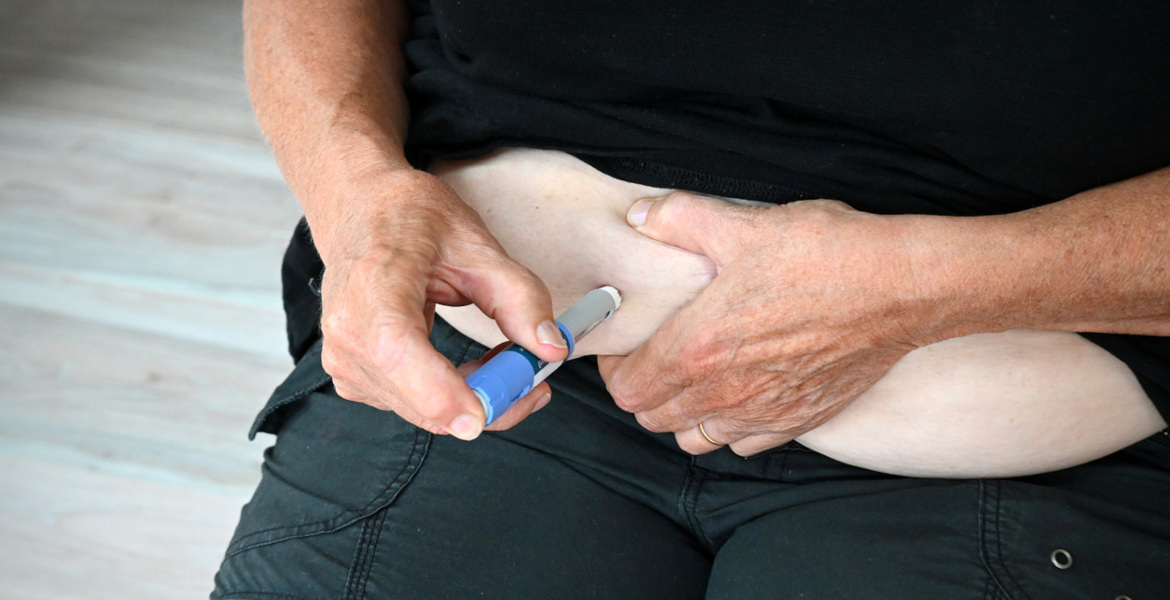A team of Brazilian researchers has performed the first randomized, placebo-controlled clinical trial on ayahuasca – a psychedelic drink made from plants from the Amazon. The results, published in the journal ‘Psychological Medicine’, suggest that ayahuasca may work against major depression.
Ayahuasca, a word derived from the indigenous language Quechua, means “vine of the spirits.” Indigenous peoples from the Amazon region of Brazil, Peru, Colombia and Ecuador have been using the drink for therapeutic and spiritual purposes for centuries, and probably much longer than that.
The medicinal drink consists of two plants. Banisteriopsis caapi, a vine that winds its way up treetops and across rivers, is boiled together with psychotria viridis, a shrub whose leaves contain the psychoactive molecule DMT. Since the early 1930s, it has been documented how Brazilian religions began to take shape around the use of ayahuasca as a sacrament. By the 1980s, ayahuasca rituals had spread to the rest of Brazil and to other parts of the world.
Ayahuasca did not become legal in Brazil for religious reasons until 1987, after the country’s federal medical authority recognized the fact that “religious group members” had experienced outstanding benefits from taking it. Some people who drank ayahuasca described it as finding peace with themselves.
In the study, conducted at the Federal University of Brazil in Rio Grande do Norte, researchers used 218 people with depression. 29 of them were selected because their depression could not be treated. No one had a history of psychotic disorders, such as schizophrenia – something that ayahuasca is reported to make worse.
The 29 people were randomly selected to receive a treatment session where they received either an ayahuasca drink or a placebo drink. The placebo drink was a brown drink that tasted bitter and sour, made from water, yeast, citric acid and caramel color. Zinc sulfate mimicked two well-known side effects of ayahuasca, namely nausea and vomiting.
The treatments were done in a hospital, but the room was designed as a quiet and comfortable living room. The strong effects of ayahuasca – which include dreamlike visions, vomiting and intense introspection – usually last for about 4 hours. During this period, participants listened to two different playlists, one with instrumental music and another with Portuguese songs.
The patients were supervised by two assistants who were there to support if anyone felt anxious during the intense, emotional psychic experience.
One day after treatment, a large improvement of 50 percent was observed in all patients, which included reduced anxiety and better mood. One week later, 64 percent of those who received ayahuasca felt that their depression had improved. 27 percent of the placebo group felt the same way.
The study supports previous research done in Brazil in 2015, where it was tested whether ayahuasca could work as an antidepressant drug. The study, which Dr. Jaime Hallak led at the University of São Paulo, also showed that as little as one session of ayahuasca had an antidepressant effect. All 17 participants reported that their depressive symptoms had decreased in the first hours after taking ayahuasca. The effect lasted 21 days. The study received a lot of attention from researchers, while the promising results were limited because there was no control group on placebo. Dr. Hallak and the other researchers at the University of São Paulo were involved also in this study.
In clinical trials on depression, up to 45 percent of patients taking placebo may report major benefits. The placebo effect of depression is so strong that some researchers have questioned whether antidepressant medication really works.
It should be added that the traditional view of ayahuasca emphasizes the importance of an experienced and knowledgeable supervisor needing to be present to support participants during a treatment session – what is popularly called a “shaman”. This is mainly in the light of the drink’s strong psychoactive properties and that the risk of serious side effects during careless use is otherwise stated to be significant.








